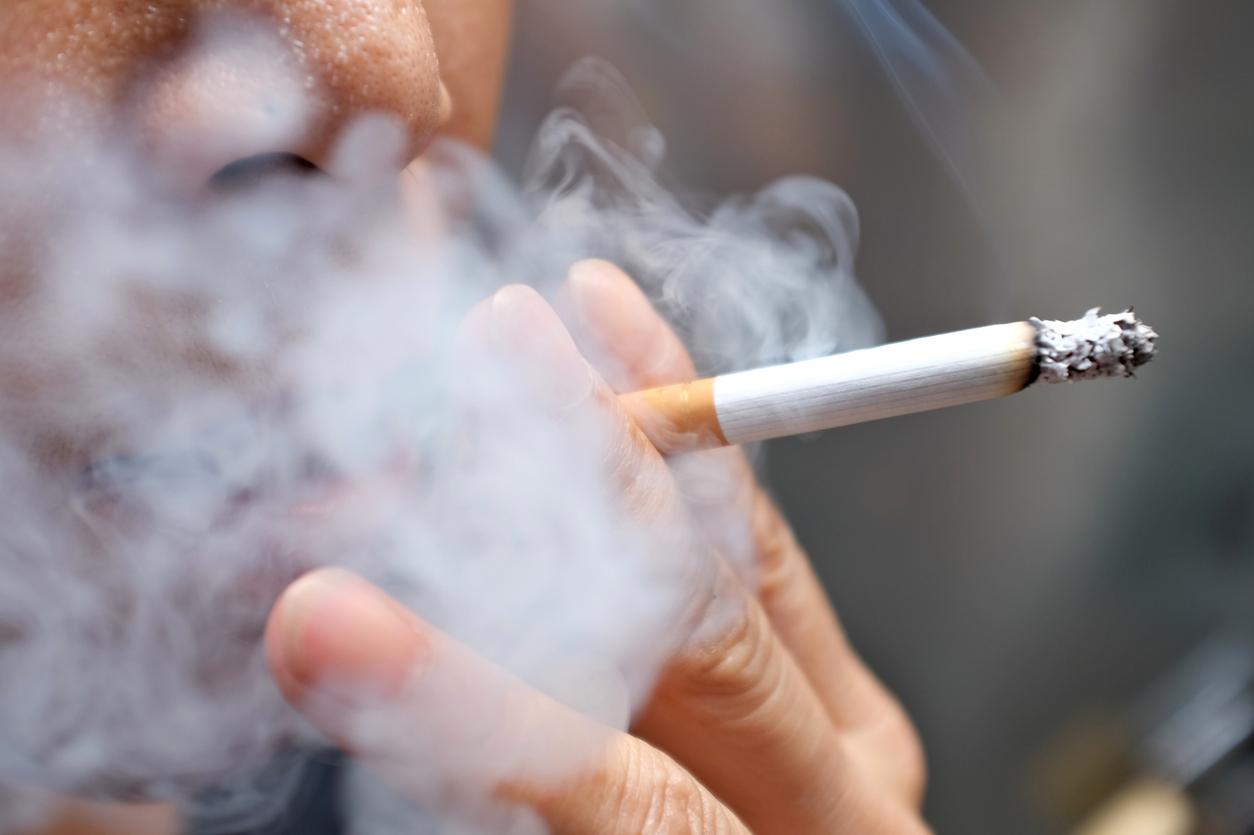Exposure during pregnancy to undesirable factors, such as alcohol, tobacco or marijuana, would promote the development of psychiatric disorders in future children.

- The study, conducted on more than 9,000 children in their 10s, shows that those whose mothers were exposed to at least 4 harmful factors during pregnancy had a 29% risk of developing psychiatric problems. .
- Among these harmful factors are the consumption of alcohol, tobacco and cannabis during pregnancy, as well as high blood pressure and gestational diabetes.
It is well known that alcohol, tobacco and, of course, the consumption of marijuana are strongly discouraged during pregnancy. The effects of these substances can be very harmful to the health of the future baby. Researchers have just published a study in the journal PLOS which analyzes the cumulative influence of various harmful exposures during pregnancy – including before it is known – on the risk of development of psychiatric disorders in children. They studied the data of 9,290 young people between the ages of nine and ten.
Harmful exposures increase the risk of psychiatric disorders
According to these researchers, there would be six harmful prenatal exposures. First unplanned pregnancies, with consumption of alcohol, tobacco and marijuana before the pregnancy is known. In this study, the taking of these substances stops once the mother knows that she is pregnant. Then, complications such as high blood pressure or gestational diabetes or those that may occur during the phases of labor and delivery. Thus, fetuses having been exposed to at least two of these six undesirable factors would be more at risk of developing psychiatric problems such as depression, attention, thought or mood disorders, or ‘anxiety. “Although these factors have been individually associated with similar risks in previous, often smaller, studies, this is the first time we have been able to assess the effect of these cumulative exposures.”, underlines Joshua L. Roffman, one of the authors of the study. In detail, children who did not undergo any of these harmful prenatal exposures had only a 7% risk of developing significant clinical psychiatric disorders. On the other hand, this percentage increased to 29% when a fetus had been exposed to four of these factors.
The prenatal environment, an important factor for brain health
To verify their results, the researchers took into account other data such as the socio-economic status of the mother or exposure, after birth, to other factors favoring the development of psychiatric disorders. However, even under these conditions, the percentages remained the same, which means that it was the harmful prenatal exposures that had the greatest impact. Nevertheless, this study has several limitations. First of all, it is based on the old memories – and sometimes erroneous – of the mothers of these children of nine or ten years. The data is therefore not scientifically verified. On the other hand, certain infections that may affect pregnant women or the stress experienced during pregnancy have not been measured, although they may be one of the causes of the child’s psychiatric problems. “Our results show the importance of the prenatal environment for brain health and reduced risk of psychiatric symptoms in childhood, says Joshua L. Roffman. There is an urgent need to discover, develop and implement early interventions that mitigate some of these risks”. According to a survey dating from 2018, carried out by the European network of Defenders of Children, to which The Parisian had had access, nearly 12.5% of children and adolescents would be in mental distress in France.
.















